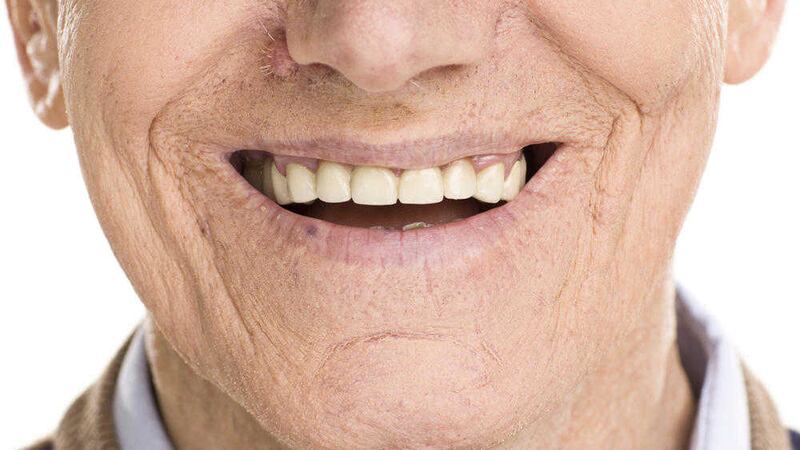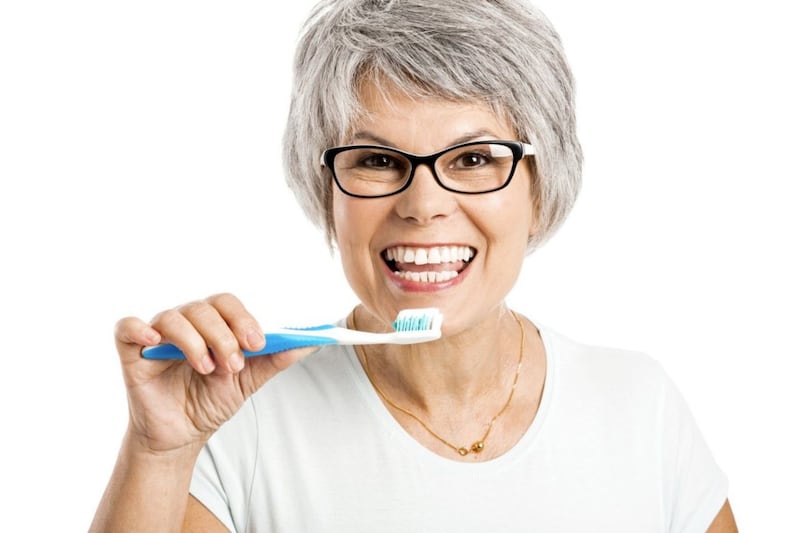WITH over 350,00 new cases of cancer per year in the UK, more and more people are living through the treatments and dealing with their side-effects.
Due to the nature of chemotherapy or radiotherapy, there can often be changes in the mouth. Cancer treatments slow or stop the growth of fast growing cells, such as cancer cells. But the anticancer treatment can also stop normal cells from growing too.
This slows down the ability of oral tissue to repair itself by making new cells and affects the mouth in many different ways. The mouth can be rendered drier which is not only more uncomfortable, but it also makes swallowing more difficult which can lead to other problems such as dehydration and malnutrition.
Other very annoying problems during treatments are having to deal with mouth sores and a change in sense of taste, both of which can make eating unpleasant. A dry mouth upsets the healthy balance of bacteria and because the immune system is not working well infection is more likely to develop in the mouth and throughout the body.
Problems such as cavities, broken teeth, loose crowns or fillings, and gum disease can get worse or cause problems during cancer treatment.
Ideally it would be best to go to your dentist at least four weeks before starting cancer treatment. Any problems can then be identified and treated before cancer therapies begin so that there may be fewer or milder oral complications.
Damage to the lining of the mouth and a weakened immune system makes it easier for infection to occur. So an effective cleaning routine is paramount. Clean your teeth gently every morning and evening, and after each meal. Try using a soft bristled or foam stick if it’s more comfortable.
Alcohol-free mouthwashes are useful if your mouth is too tender. Clean in between your teeth with floss, sticks or teepees to ensure that there’s no food debris between the teeth for bacteria to feed on. Try to keep your mouth wet as best you can, by rinsing frequently with water or swish ice chips. Saliva replacement gels are effective but only for a short time.
If you have any concerns about your mouth during cancer treatment consult with your doctors for the most appropriate way forward.








